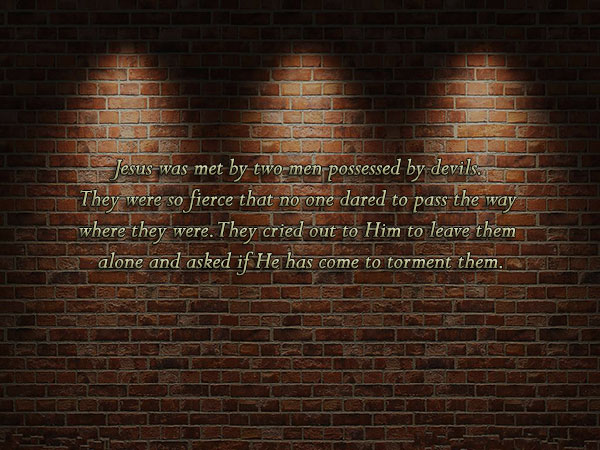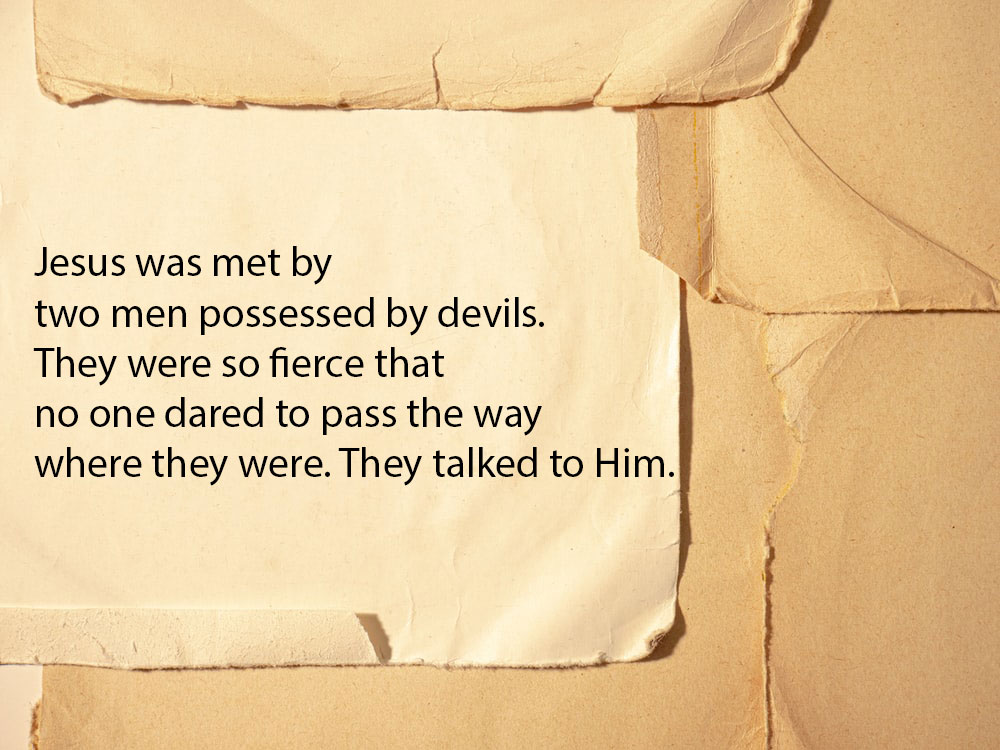Gospel: Jn 1:19-28
This was the testimony of John, when the Jews sent priests and Levites to ask him, “Who are you?” John recognized the truth, and did not deny it. He said, “I am not the Messiah.” And they asked him, “Then who are you? Elijah?” He answered, “I am not.” They said, “Are you the Prophet?” And he answered, “No.” Then they said to him, “Tell us who you are, so that we can give some answer to those who sent us. How do you see yourself?” And John said, quoting the prophet Isaiah, “I am the voice of one crying out in the wilderness: Make straight the way of the Lord!” Those who had been sent were Pharisees; and they put a further question to John, “Then why are you baptizing, if you are not the Messiah, or Elijah, or the Prophet?” John answered, “I baptize you with water, but among you stands one whom you do not know; although he comes after me, I am not worthy to untie the strap of his sandal.” This happened in Bethabara beyond the Jordan, where John was baptizing.Reflections
THE VOICE OF ONE CRYING IN
THE WILDERNESS…
By our baptism, we are called to be prophets. Who are prophets? Are they those who predict the future and announce the coming of doomsday? Simply put — a prophet is one who stands up, who speaks out. That is what the prophets in Scripture did, that is what St. John the Baptist did. A prophet is one who announces the good news and who denounces the bad news. Today there are modern day prophets — people who will put their life at stake to stand for the truth, to expose corruption. They are not always understood. They are like the voice crying in the wilderness. People think they are crazy to go against those in power. Or sometimes they are hailed as instant heroes but after sometime forgotten. St. John the Baptist was beheaded. Modern prophets can be beheaded symbolically or in some cases actually killed a few years after their denunciation of corruption of those in power. Maybe not all of us are called to be prophets in a big, dramatic way. But in the course of our life, we might be called upon to stand up against an oppressive boss. We might be given the choice to be in solidarity with oppressed and exploited groups of people like farmers fighting for their land, indigenous people fighting for their ancestral domain, victims of violence seeking for justice.
© Copyright Bible Diary 2018







